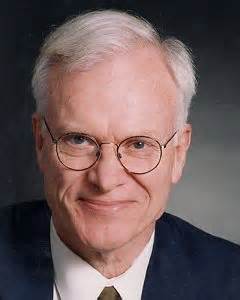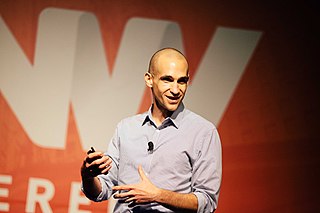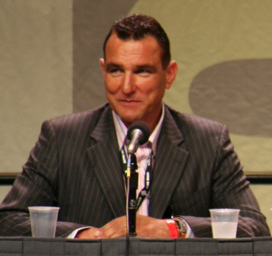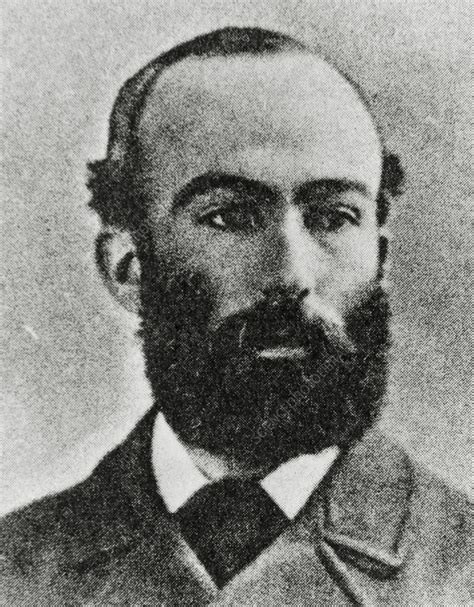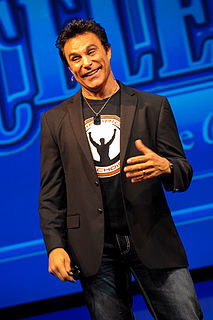A Quote by Richard P. Rumelt
Change is difficult and it takes time. It is hard for people to change their own behavior, much less that of others. Change programs normally address attitudes, ideas, and rewards. But the behaviors of people in organizations are also strongly shaped by habits, routines, and social norms. Real change requires new power relationships, new work routines and new habits, not just intent.
Quote Topics
Address
Also
Attitudes
Behavior
Behaviors
Change
Difficult
Habits
Hard
Ideas
Intent
It Takes Time
Just
Less
Much
New
New Habits
New Work
Normally
Norms
Organizations
Others
Own
People
Power
Power Relationships
Programs
Real
Real Change
Relationships
Requires
Rewards
Routines
Shaped
Social
Social Norms
Strongly
Takes
Time
Work
Related Quotes
It isn't the changes that do you in, it's the transitions. Change is not the same as transition. Change is situational: the new site, the new boss, the new team roles, the new policy. Transition is the psychological process people go through to come to terms with the new situation. Change is external, transition is internal
However, to modify a habit, you must decide to change it. You must consiously accept the hard work of identifying the cues and rewards that drive the habits' routines, and find alternatives. You must know you have control and be self-conscious enough to use it -- and every chapter in this book is devoted to illustrating a different aspect of why that control is real.
Today, blacks are no longer the litmus paper or the barometer of social change. Blacks are in every segment of society and there are laws that help to protect them from racial discrimination. The new ‘niggers’ are gays. It is in this sense that gay people are the new barometer for social change. The question of social change should be framed with the most vulnerable group in mind: gay people.
You see, I know change
I see change
I embody change
All we do is change
Yeah, I know change
We are born to change
We sometimes regard it as a metaphor
That reflects the way things ought to be
In fact change takes time
It exceeds expectations
It requires both now and then
See, although the players change
The song remains the same
And the truth is...
You gotta have the balls to change
Despite current ads and slogans, the world doesn't change one person at a time. It changes when networks of relationships form among people who share a common cause and vision of what's possible. This is good news for those of us intent on creating a positive future. Rather than worry about critical mass, our work is to foster critical connections. We don't need to convince large numbers of people to change; instead, we need to connect with kindred spirits. Through these relationships, we will develop the new knowledge, practices, courage and commitment that lead to broad-based change.
You should prepare to follow the program for 90 days. Why? Because behavioral research indicates that it takes 90 days to prepare for change, build a new behavior, become confident in the face of high-risk triggers, and move past the likelihood of relapse. Brain research also suggests that it takes a few months of practicing a new behavior to create permanent change.
Many change initiatives are poorly thought out, and rolled out prematurely. Others are genuinely good ideas but the proponents underestimate the amount of time needed to make the change. And, I agree, true change usually requires people giving something up and so resistance is pretty well guaranteed for any meaningful change.
People fear change, Change is not knowing what’s going to happen. People sometimes mistake change as a negative. I look at change as exciting, look at it as an opportunity to make your life better. Fear builds mountains, Faith removes them. It’s time for you to conquer new horizons. Today is going to be a GREAT day for a change!






